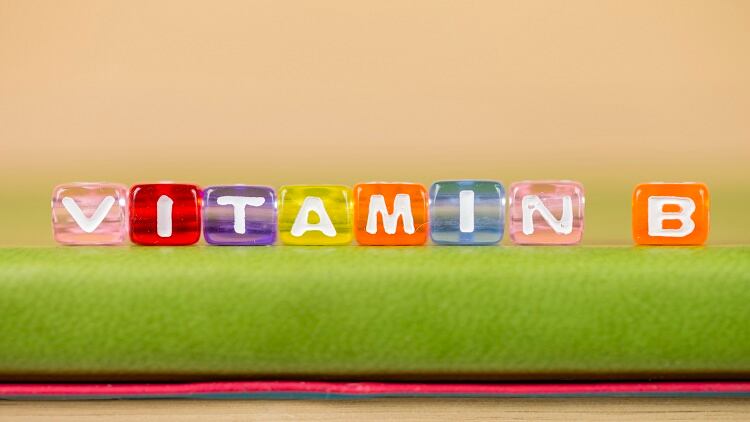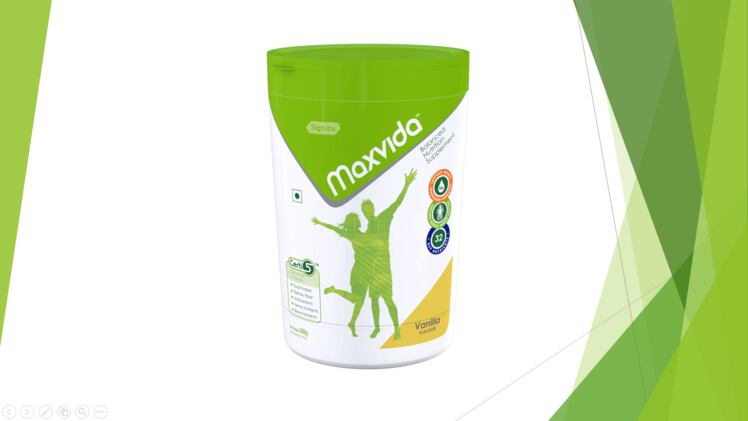B vitamin supplementation eases metabolic syndrome symptoms in adults: Japan RCT
Supplementation with B vitamins (among others) can lower plasma homocysteine levels in those with some form of metabolic syndrome, according to an RCT conducted in an adult Japanese population.
Prior to the study, there was limited evidence regarding the link between B vitamin supplementation and improved endothelial function through lowered plasma homocysteine levels.
Based on this, researchers at Japan’s Ehime University, Osaka University, Dokkyo Medical University and Fukushima Medical University, as well as Egypt’s Minia University, conducted an RCT to determine if low-dose B vitamin supplementation could enhance endothelial function in Japanese adults who had one or more components of metabolic syndrome.
First CBD trial on PTSD to drive research and NPD for Bod Australia's nutraceutical arm
Australia's first trial to test the effects of CBD (cannabidiol) oil on individuals suffering from post-traumatic stress disorder (PTSD) will feature Bod Australia's proprietary CBD oil, MediCabilis.
The observational trial will not only potentially open up a new area of treatment and supplementation for PTSD sufferers, but may also help to drive Bod's plans to diversify MediCabilis' applications for both nutraceutical and pharmaceutical uses.
To be conducted jointly by Bod, contract research organisation Applied Cannabis Research, and medical centre Cannabis Access Clinics, the nationwide trial will involve 300 male and female participants above the age of 18.
Curcumin may enhance green tea's anti-hyperlipidaemia effects: Indian rat study
The presence of curcumin in green tea can enhance the drink's health benefits against hyperlipidaemia, according to a study by researchers at India's Shahu College of Pharmacy and Research.
Green tea is rich in polyphenols such as catechins and flavonoids, including epigallocatechin-3-gallate (EGCG), epicatechin gallate (ECG), epigallocatechin (EGC) and epicatechin (EC), among which EGCG is the most abundant.
Studies have found EGCG to play a preventive role against hypercholesterolemia, but its low oral bioavailability means there is a need to enhance its membrane permeability and transporter-mediated intestinal efflux.
‘At best dubious?’ Researchers pour cold water on glucosamine CVD study
The authors of a recent study, which looked at how glucosamine - a supplement that is normally taken to help joint pain - could lower the risk of heart disease, should also reveal the association of other supplements with cardiovascular events or death.
Dr Louisa Lam, deputy dean of the School of Nursing and Healthcare Professions at Federation University in Australia, said she had “doubts with the analysis” made recently by researchers at Tulane University in New Orleans into the use of glucosamine, a naturally occurring component of joint cartilage.
They found that the regular use of glucosamine supplements, which are normally taken to help joint pain, could lead to a 15% reduction in the risk of cardiovascular disease events overall. The benefit among smokers was more than double that of non smokers.
Prebiotic power: Can altering the gut microbiome alleviate symptoms of autism in children?
Researchers at the Queensland University of Technology will soon embark on a trial to investigate if prebiotic supplementation can reduce anxiety levels in autistic children by acting on their gut microbiome.
They will recruit over 50 children aged four to 10, who have been clinically diagnosed with autism spectrum disorder, for a six-week RCT
The children will be given either a placebo or the prebiotic galacto-oligosaccharide (GOS), a fermentable carbohydrate found in foods such as beans and lentils.





